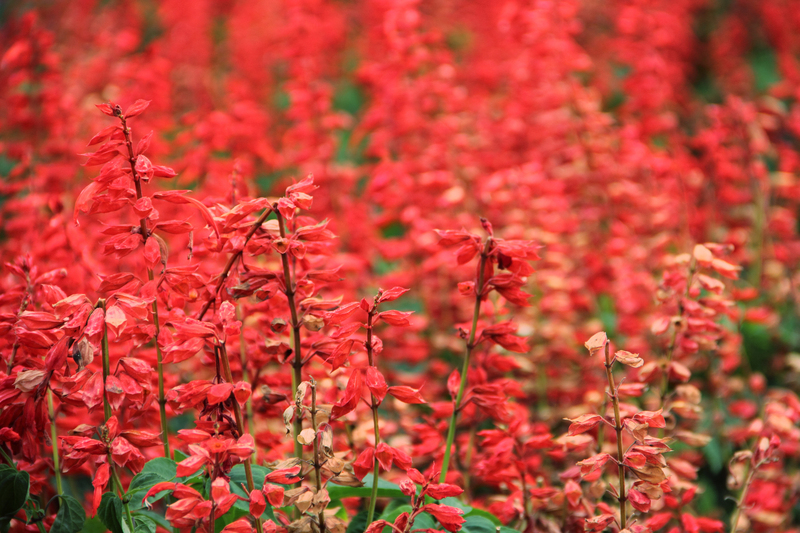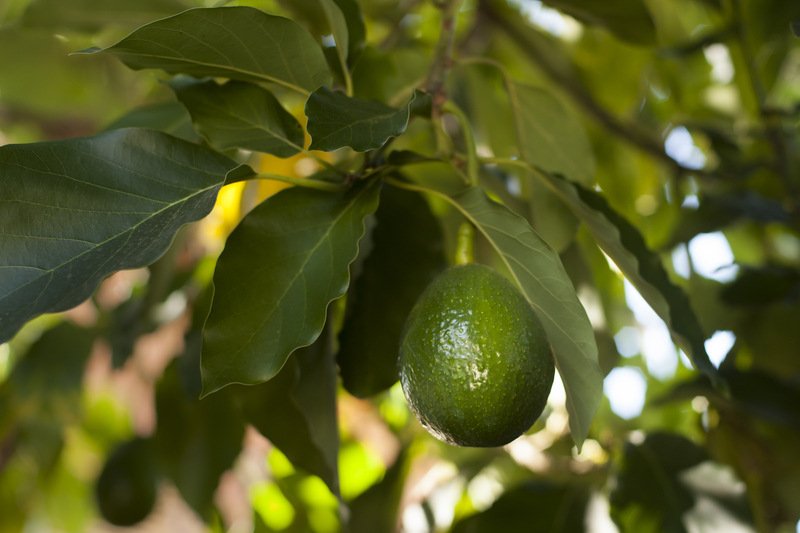Expert Guide to Lawn Care
Posted on 02/09/2024
Maintaining a lush, green lawn takes effort and knowledge. With the right techniques and tips, you can ensure your lawn stays healthy and beautiful all year round. Whether you're a new homeowner or looking to revitalize your existing yard, this expert guide to lawn care provides everything you need.
Understanding Your Lawn's Needs
Before you start any lawn care regimen, it's crucial to understand the specific needs of your grass type. Different grasses have varying requirements regarding sunlight, water, and soil type. Conduct a soil test to determine the pH level and nutrient content of your soil. This will guide you in selecting the right fertilizer and soil amendments.

Seasonal Lawn Care Tips
A key component of proper lawn care is adjusting your practices according to the season. Each season brings unique challenges and opportunities for your lawn.
Spring
Spring is the perfect time to start laying the groundwork for a healthy lawn. Rake up leaves and debris left from winter. Aerate the soil to improve water and nutrient absorption. Apply a slow-release fertilizer to nourish your grass as it starts to grow actively.
Summer
During summer, focus on maintaining soil moisture. Water your lawn early in the morning to reduce evaporation. Mow your grass at a higher setting to shade the soil and keep it cooler.
Fall
Fall is the best time to address any bare spots. Overseed your lawn to encourage new growth. Apply a fertilizer rich in potassium to help your grass build strong roots before winter.
Winter
In winter, it's essential to minimize foot traffic on your lawn to prevent soil compaction. Remove any debris, such as fallen branches, to avoid damage to the grass beneath.
Watering Your Lawn
Proper watering is vital for a healthy lawn. Most lawns require about 1 to 1.5 inches of water per week. Deep and infrequent watering encourages deeper root growth, making your lawn more drought-resistant. Use a rain gauge to monitor rainfall and adjust your watering schedule accordingly.
Mowing Best Practices
Mowing correctly is crucial for a healthy lawn. Here are some tips for effective mowing:
- Keep your mower blades sharp to ensure a clean cut.
- Set your mower height according to your grass type.
- Avoid mowing when the grass is wet to prevent clumping and disease spread.
- Follow the one-third rule: never remove more than one-third of the grass blade length at a time.
Fertilizing Your Lawn
Fertilizing provides essential nutrients that support grass growth. Select a fertilizer based on your soil test results and grass type. Apply fertilizer at the recommended rates and timings to avoid over-fertilization, which can harm your lawn and the environment.
Dealing with Weeds, Pests, and Diseases
Weeds, pests, and diseases can significantly impact the health of your lawn. Implementing an integrated pest management approach can help. Regularly inspect your lawn for signs of issues, and use targeted treatments to address problems promptly. Organic or chemical controls can be used, but always follow the instructions to minimize any adverse effects.
Pros and Cons of Lawn Care
Pros:
- A healthy lawn improves curb appeal and property value.
- Proper lawn care enhances recreational space for family activities.
- A lush lawn helps reduce soil erosion and provides environmental benefits.
Cons:
- Lawn care can be time-consuming and require regular maintenance.
- The cost of lawn care products and equipment can add up.
- Improper use of chemicals can damage health and the environment.
Tips for Effective Lawn Care
- Test your soil before starting any lawn care regimen.
- Choose grass types that are well-suited to your climate and soil conditions.
- Maintain a regular watering schedule and avoid over-watering.
- Aerate and fertilize your lawn according to seasonal needs.
- Mow frequently, but don't cut the grass too short.
- Address weeds, pests, and diseases promptly to prevent widespread damage.

Takeaways
Understanding your lawn's needs, following seasonal care tips, proper watering, and mowing techniques are key to a healthy lawn. Regular fertilization and timely addressing of weeds, pests, and diseases also play a significant role in maintaining a lush, green yard.
Conclusion
With consistent effort and the right knowledge, anyone can achieve and maintain a beautiful lawn. By following the guidelines and tips provided in this expert guide, you'll be well on your way to enjoying a vibrant and healthy lawn all year round.
Latest Posts
Must-Try Planting Concepts for a Beautiful Autumn Garden
DIY Guide to Perfectly Sharpening Garden Shears at Home
Essential Techniques for Maintaining Clean and Lush Artificial Grass
Transform Your Space With Meaningful Zen Garden Plant Choices




